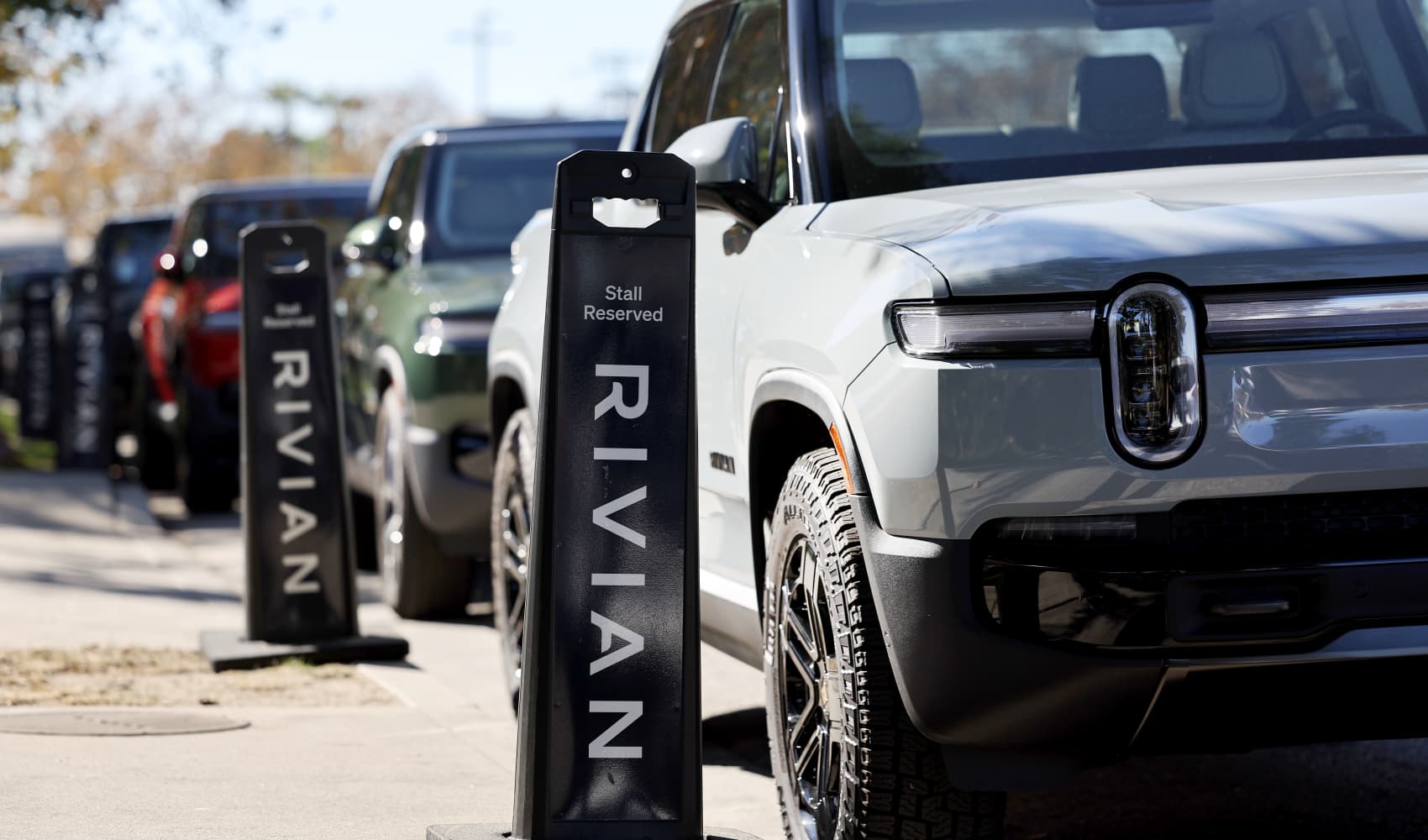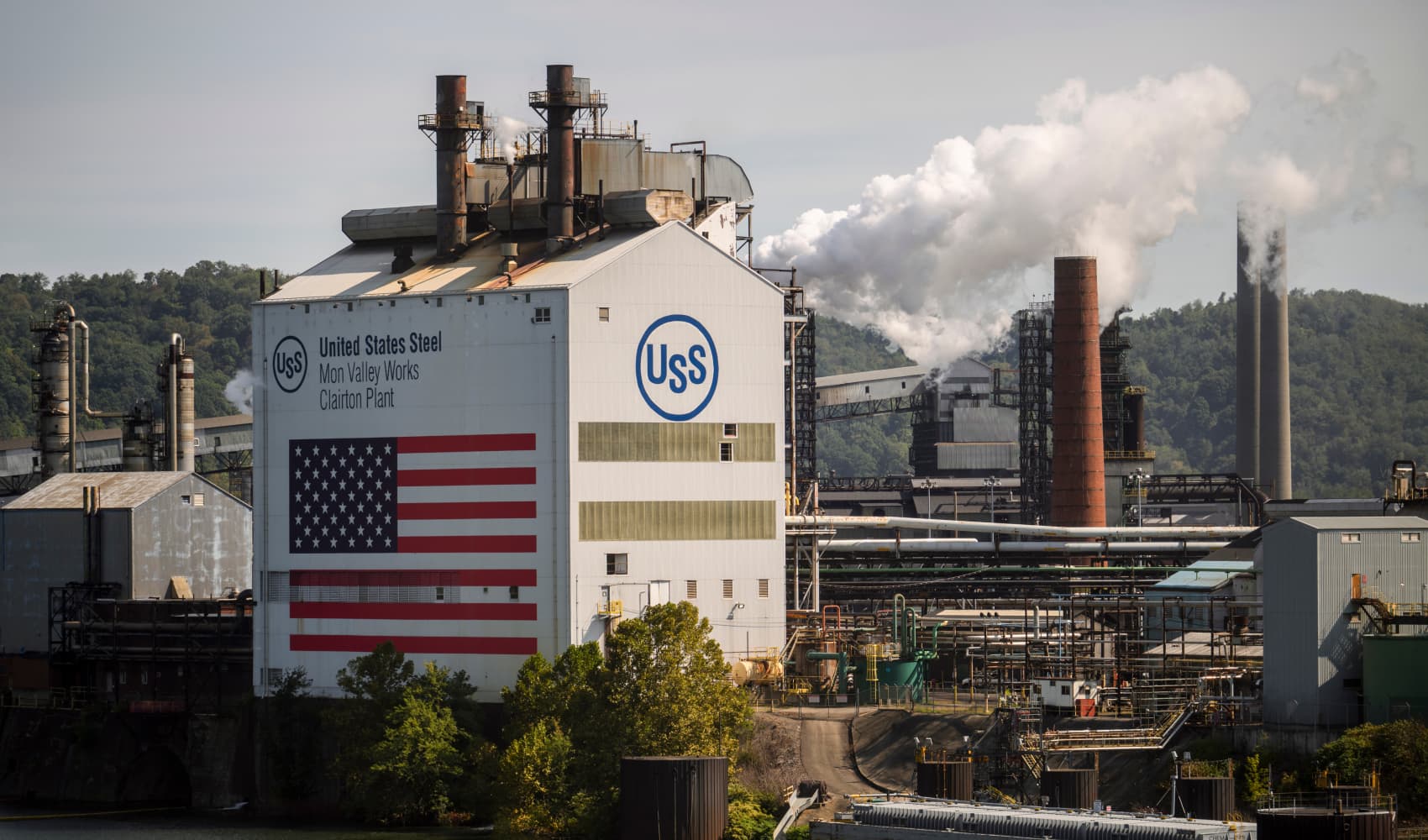
Starface World president Kara Brothers has interviewed dozens of prospective employees since she joined the cult-favorite skincare brand in 2021.
In those conversations, the 39-year-old executive is assessing candidates for an important soft skill: emotional intelligence.
Research dating back decades has found that emotional intelligence — the ability to manage your own feelings and the feelings of those around you — is the strongest predictor of success in the workplace.
Yet, measuring it can be tricky. Unlike technical skills or experience, emotional intelligence is built on intangible qualities like empathy and self-awareness, which don't always fit neatly onto a resume.
To gauge a candidate's emotional intelligence, Brothers relies on tough, introspective questions during interviews. One question in particular, she tells CNBC Make It, often leaves candidates stumped:
"In your last workplace, what really held you back?"
The goal, Brothers explains, is to uncover how adaptable and coachable someone is. "We all have an ego, but does your ego impede your ability to work effectively?" she says. "I'm trying to figure out if you're aware of when you're at your best or where you might hold yourself back in professional relationships."
Money Report
The question can trip up candidates who want to "put their best foot forward" without spotlighting their flaws, Brothers points out. Still, she says the best responses strike a balance between honesty and accountability.
"For example," Brothers says, "Someone might say, 'I realized I wasn't at my best leading a Monday morning strategy meeting, so after reflecting and getting feedback, I decided to scrap the meeting altogether and replaced it with a weekly email update, which was more effective for everyone.' That's a full 360-degree understanding of yourself and how your actions impact those around you."
This level of self-awareness, Brothers adds, translates well to navigating workplace challenges and collaborating with diverse personalities.
How to build self-awareness
You don't have to wait for your next job interview to start building your self-awareness.
A simple, three-step exercise can help you cultivate this skill, Juliette Han, a Harvard-trained neuroscientist told CNBC Make It last year:
- Reflect on your interests and skills, so you can specifically define your strengths and the job responsibilities you'd enjoy. What are you good at? What do you like doing?
- Ask for feedback from your managers and co-workers. The way they describe you and your work can help you learn a little more about how other people see you.
- Use all of those takeaways to figure out which skills you want to hone or incorporate more into your work.
Building self-awareness takes time, but the payoff can be substantial. "You can have all the technical skills and charisma in the world," Han said, "but if you're completely oblivious of yourself, how you come across and interact in the world, it's a lot harder to build strong relationships … and deepen the friendships you need to truly succeed."
Want to make extra money outside of your day job? Sign up for CNBC's online course How to Earn Passive Income Online to learn about common passive income streams, tips to get started and real-life success stories.
Plus, sign up for CNBC Make It's newsletter to get tips and tricks for success at work, with money and in life.






